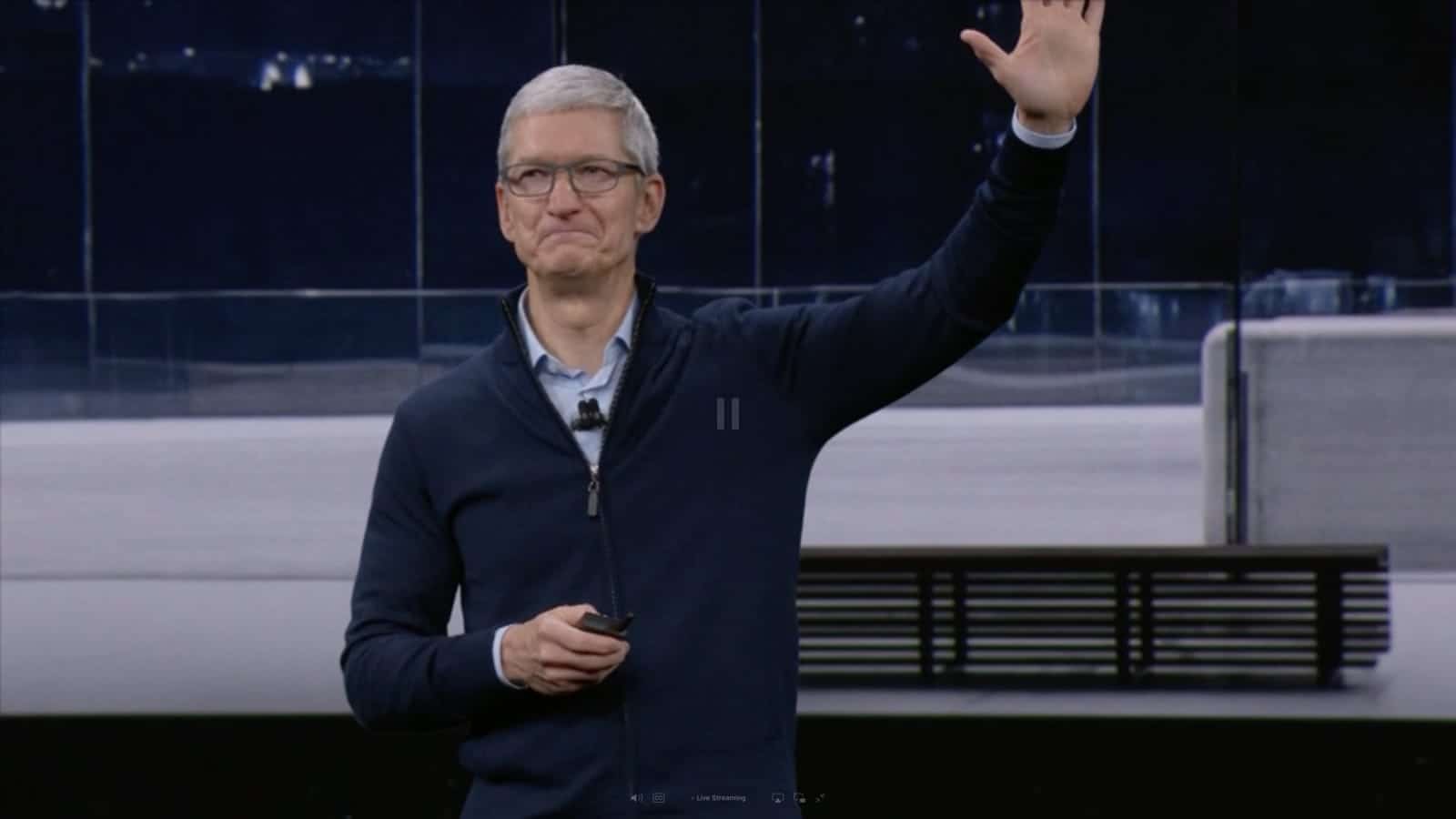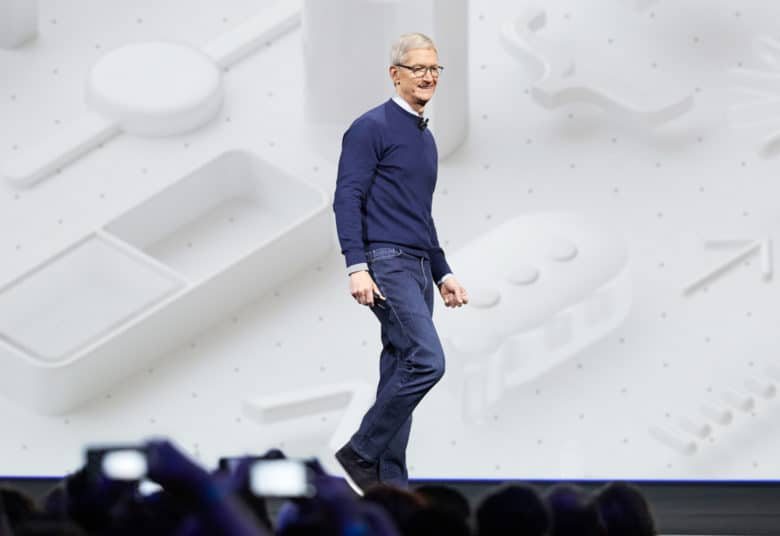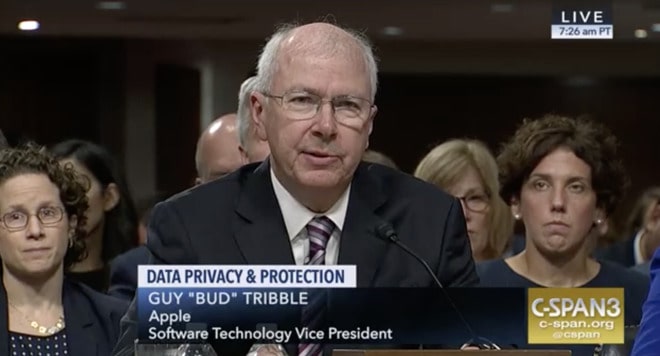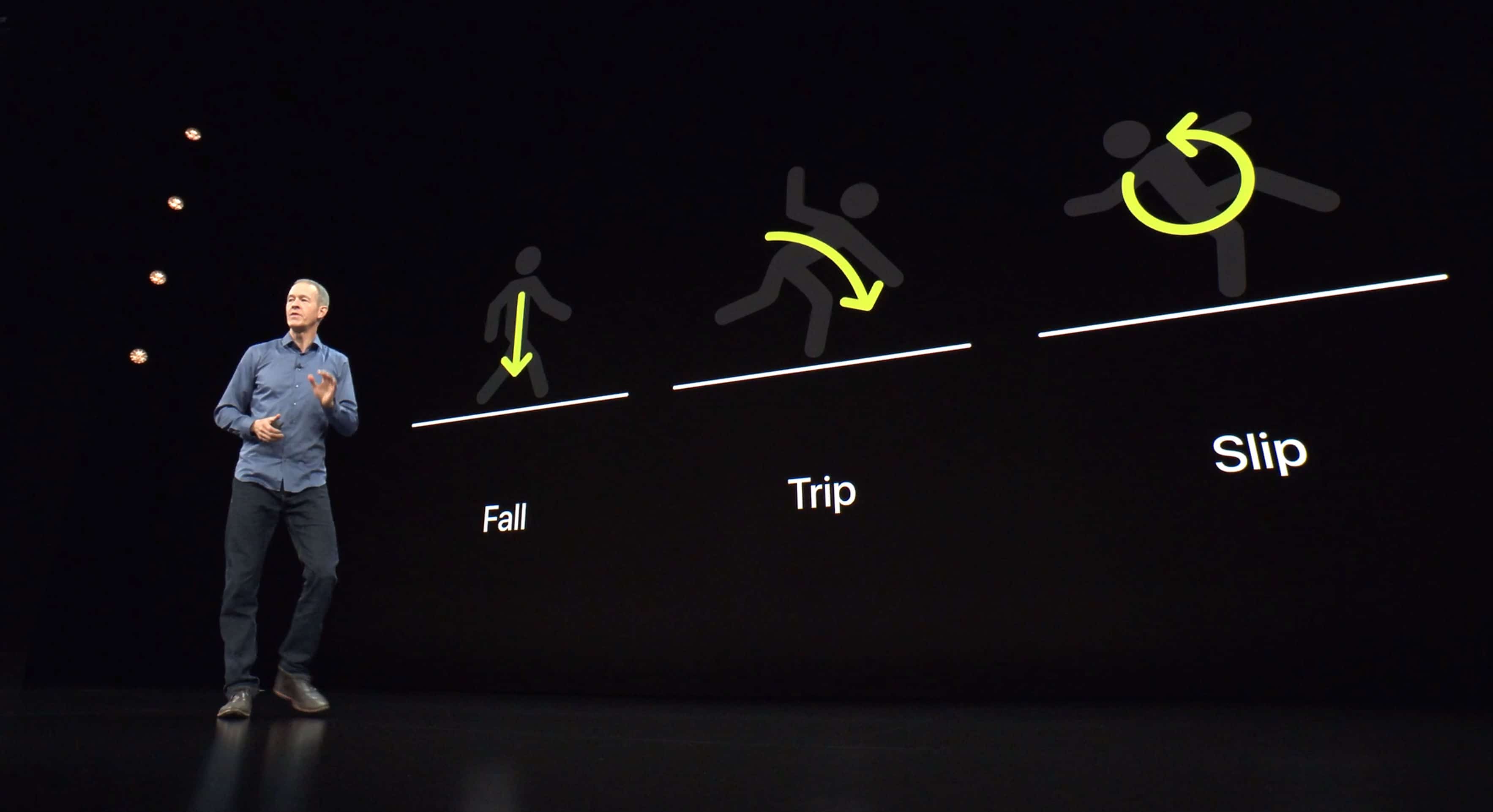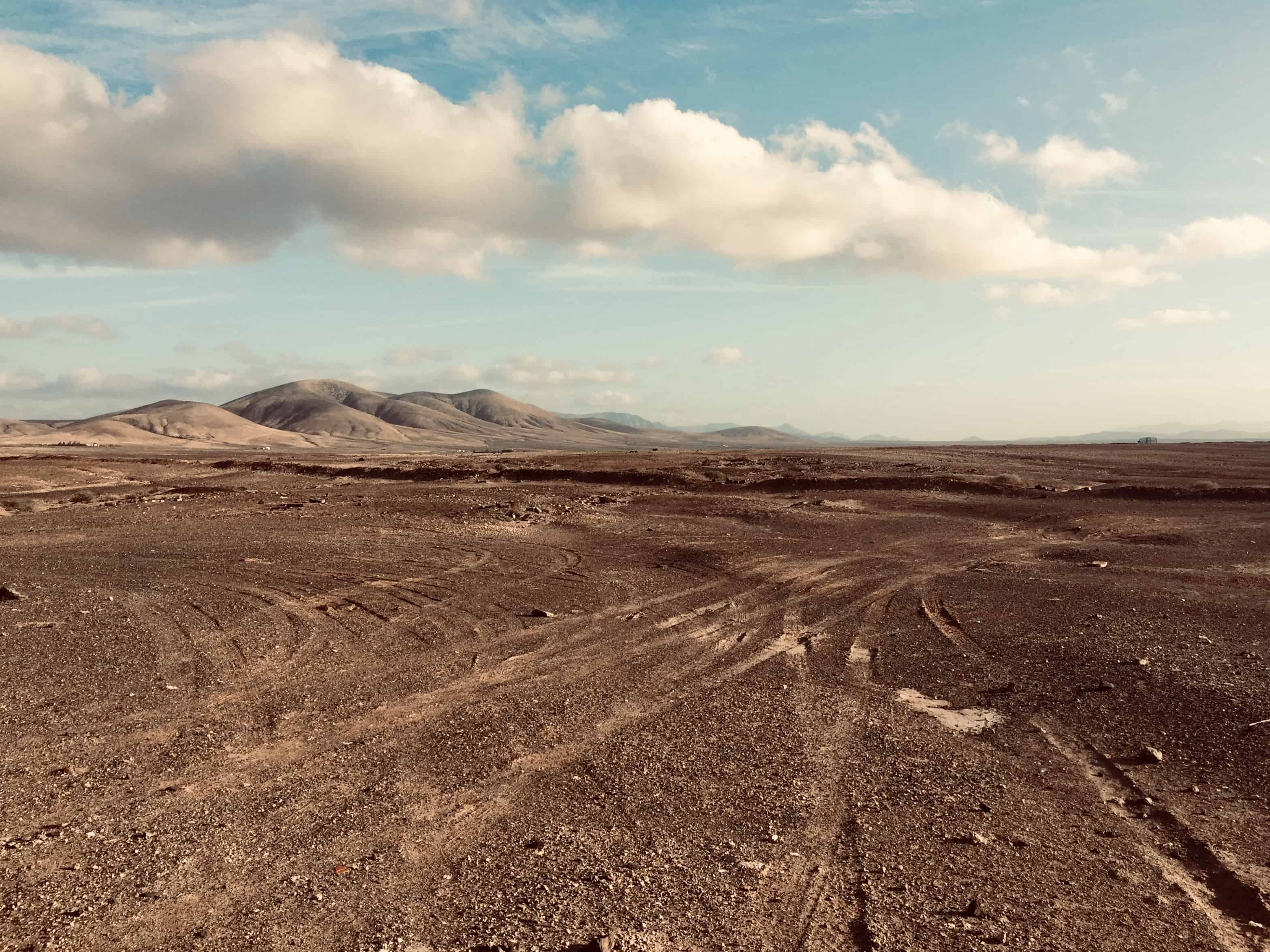It’s not hard to get learn the location of almost any phone, according to a new report. All that’s required is some cash and the right contacts in a web of companies with access to the geolocation data collected by mobile phone companies.
All you need to track any phone’s location is a small bribe
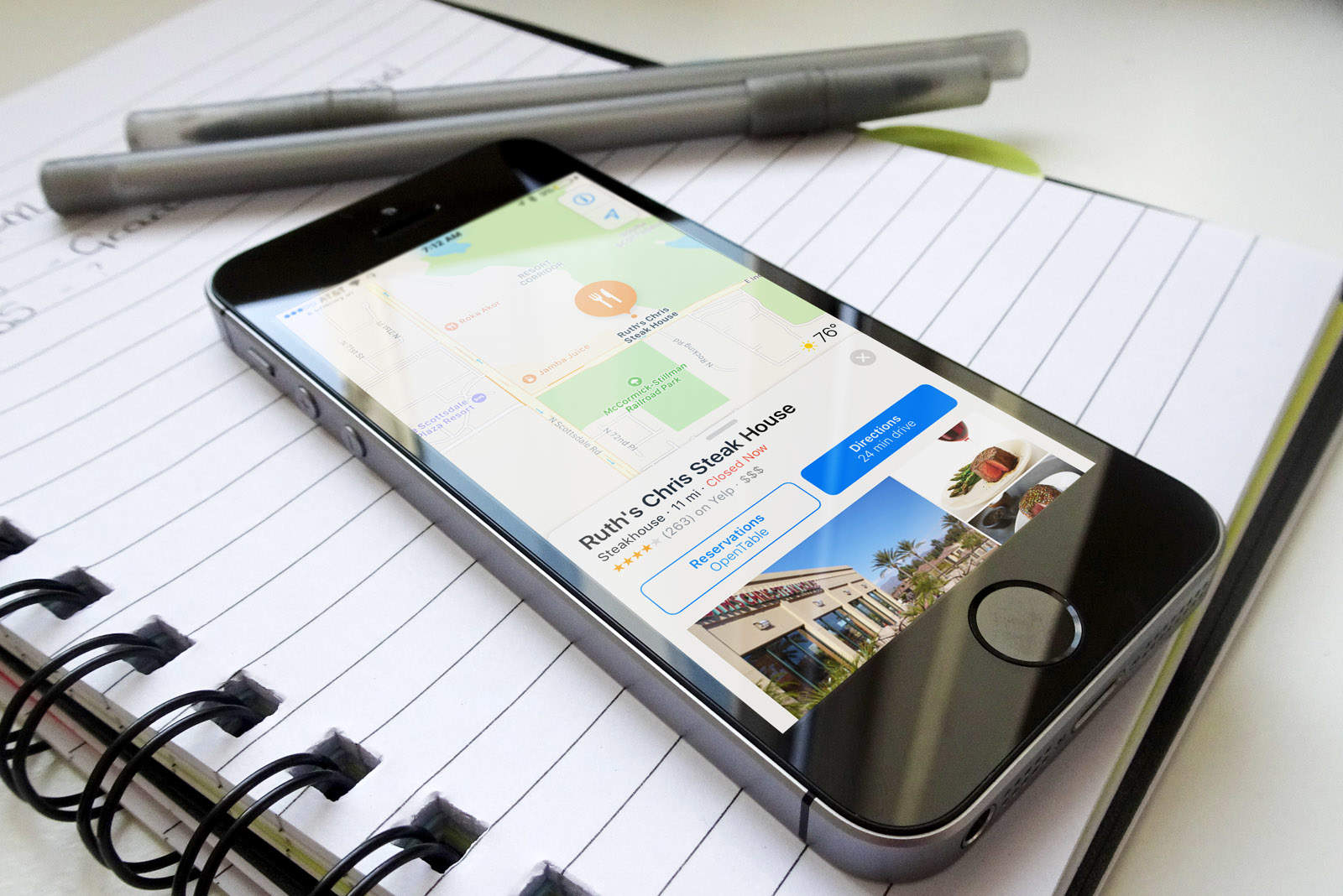
Photo: Ste Smith/Cult of Mac

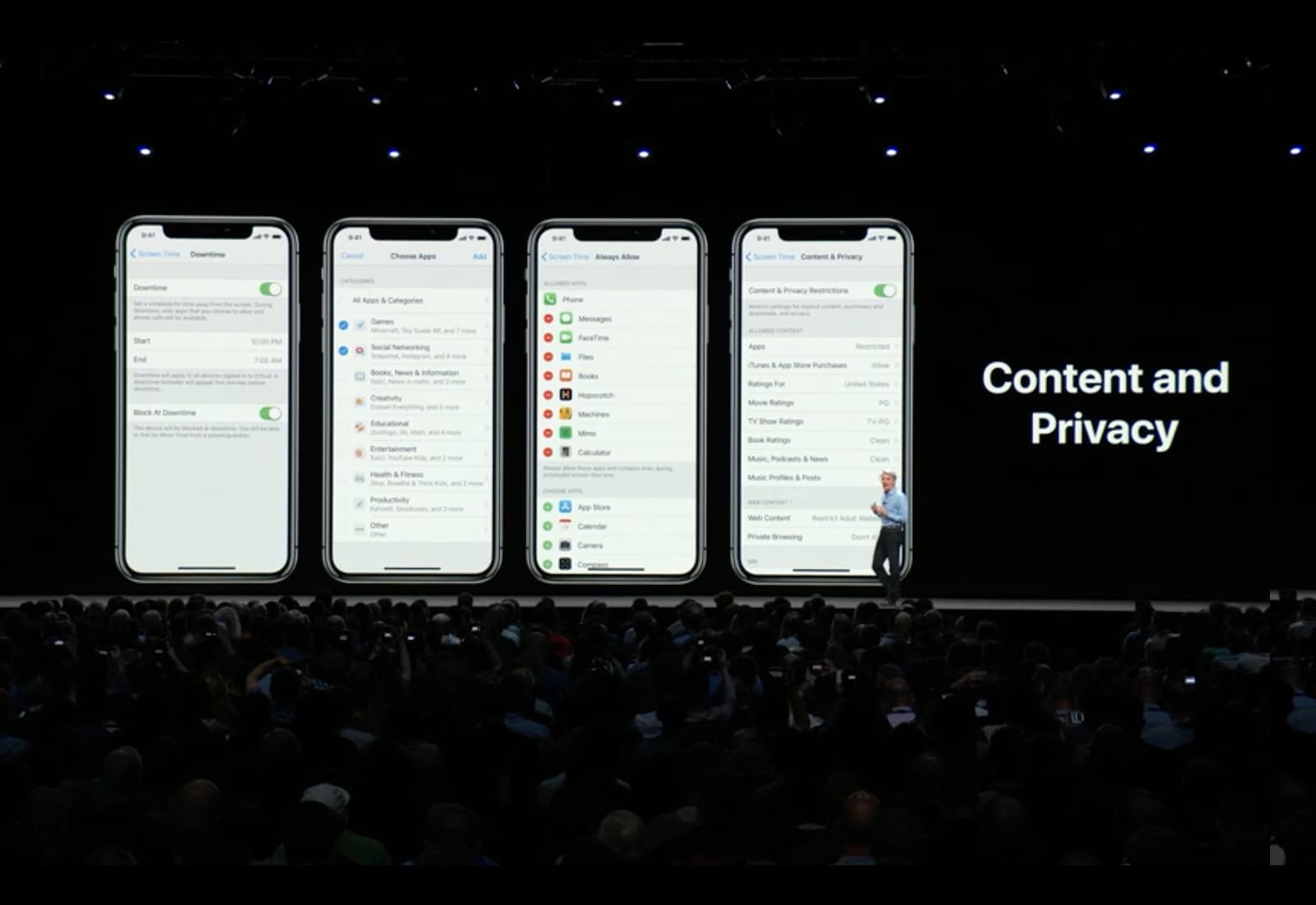

![Top 5 tech trends of 2018 [Year in Review] Top 5 tech trends of 2018 [Year in Review]](https://www.cultofmac.com/wp-content/uploads/2019/01/D090F70F-2A5C-4E45-830B-65E9EBAF266F.jpeg)


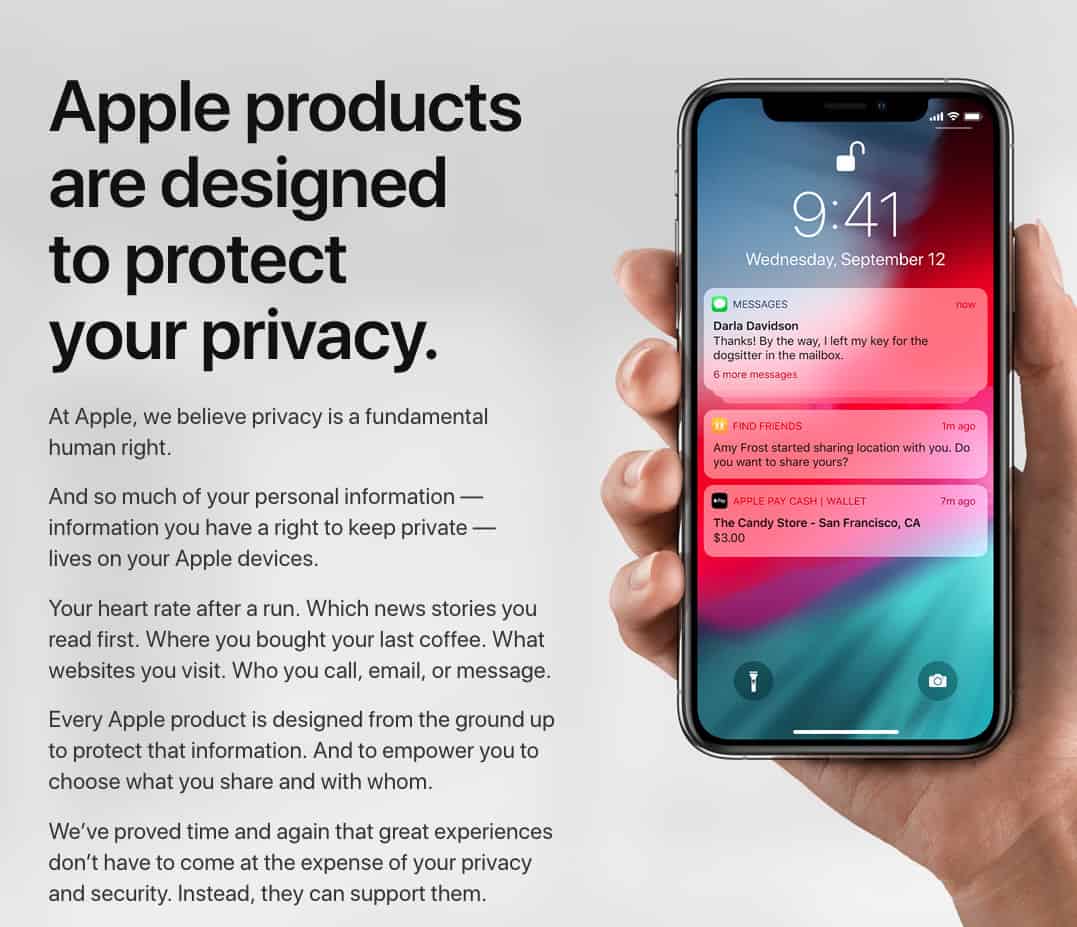
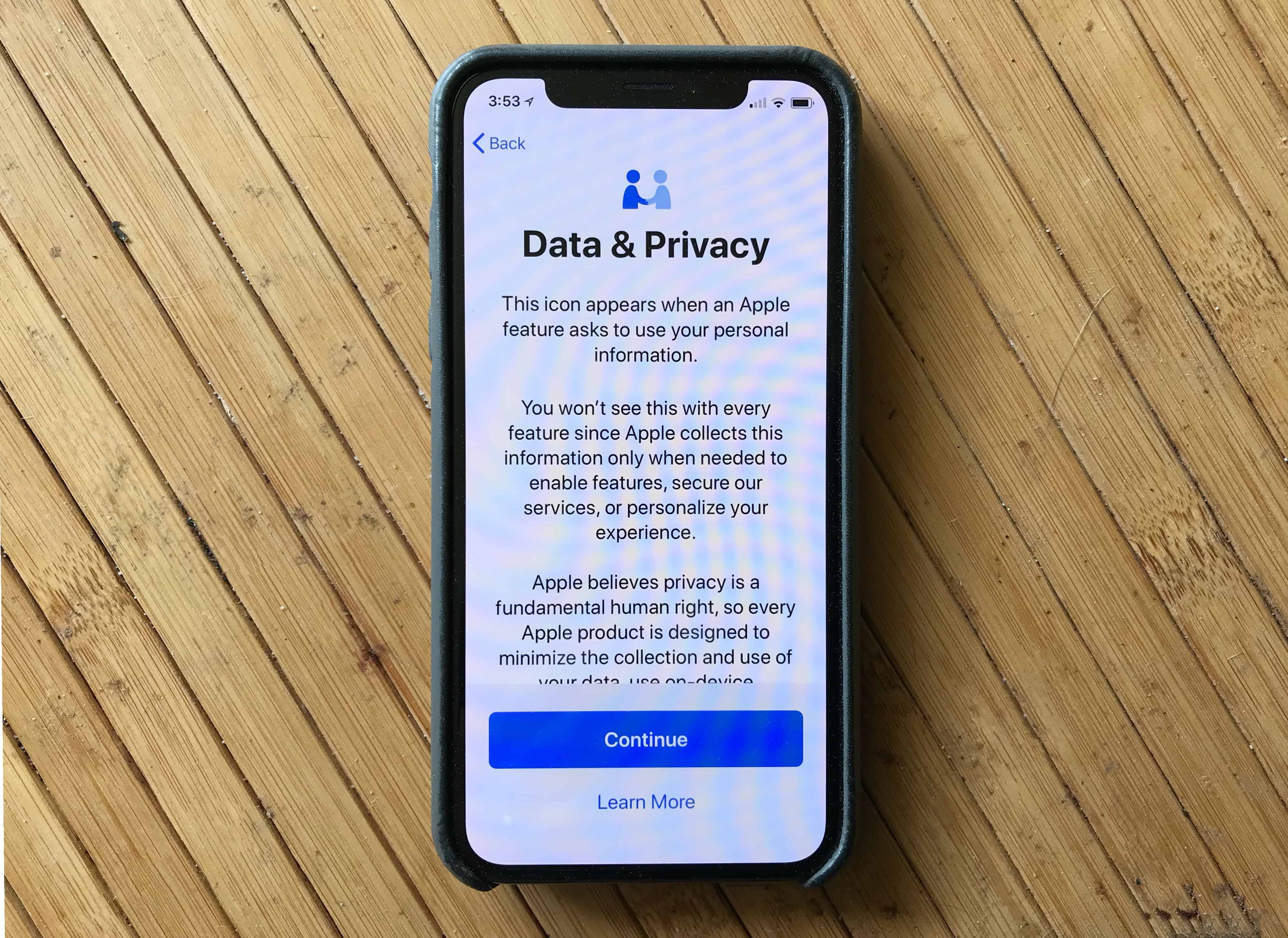

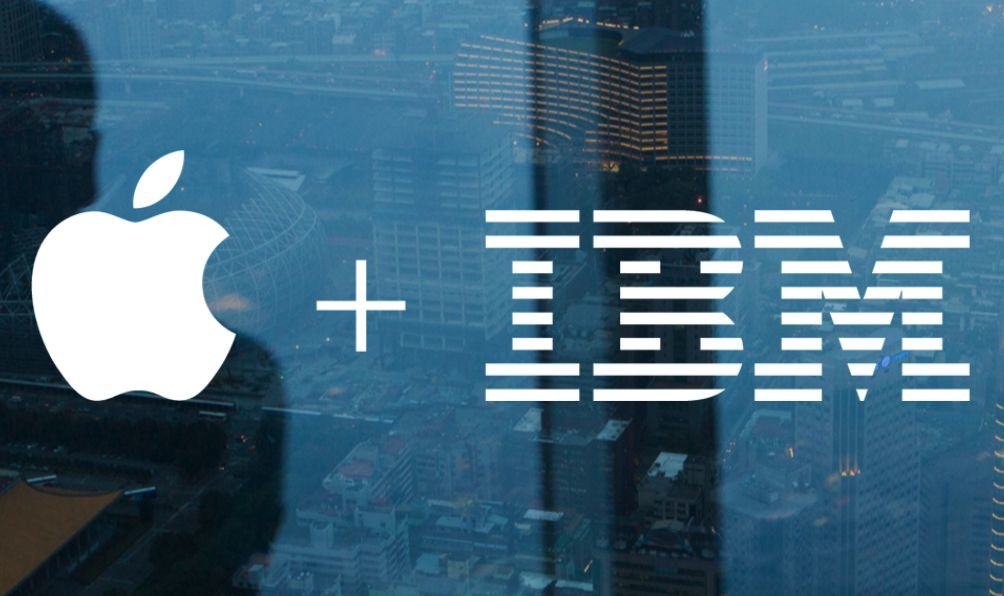


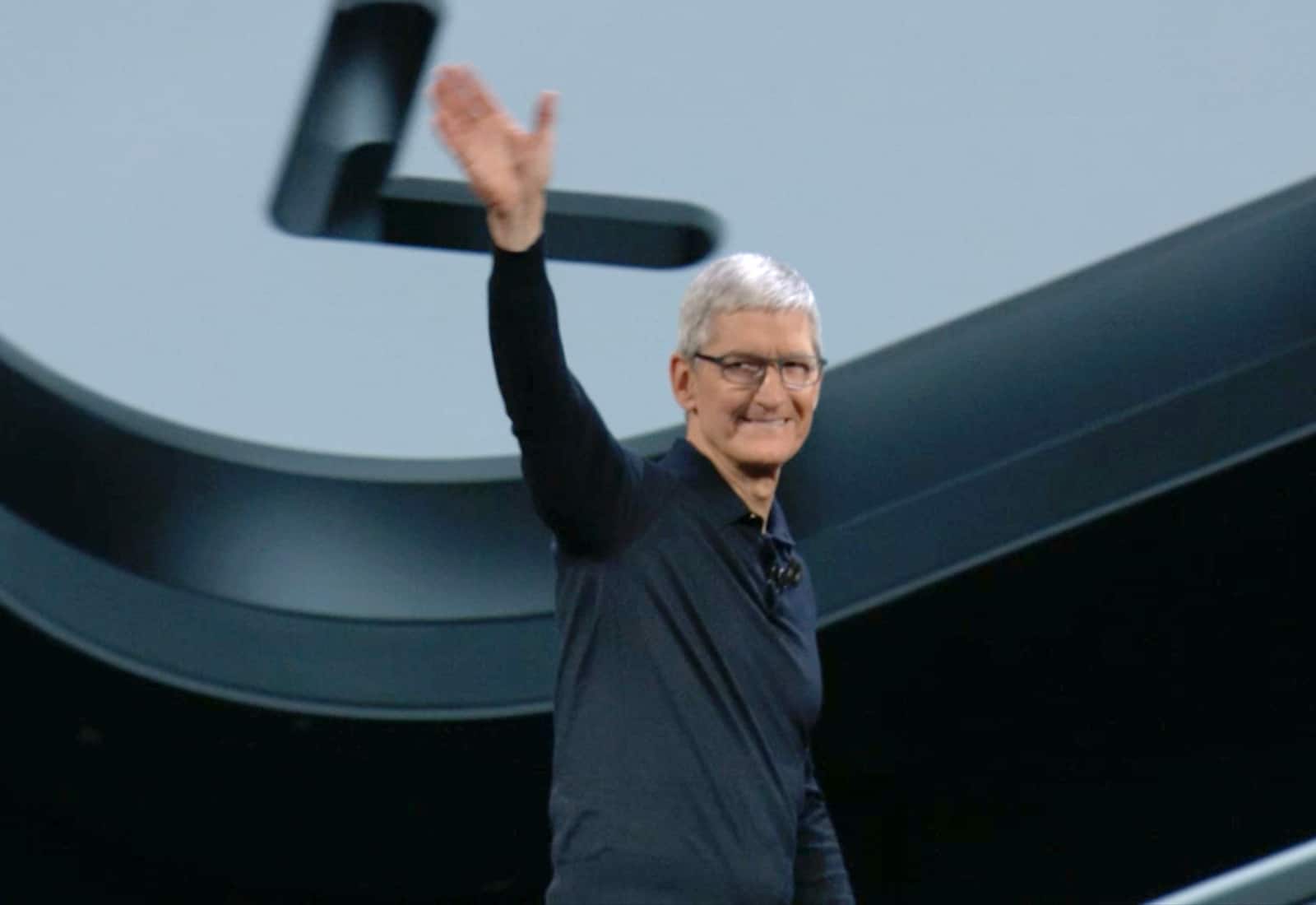

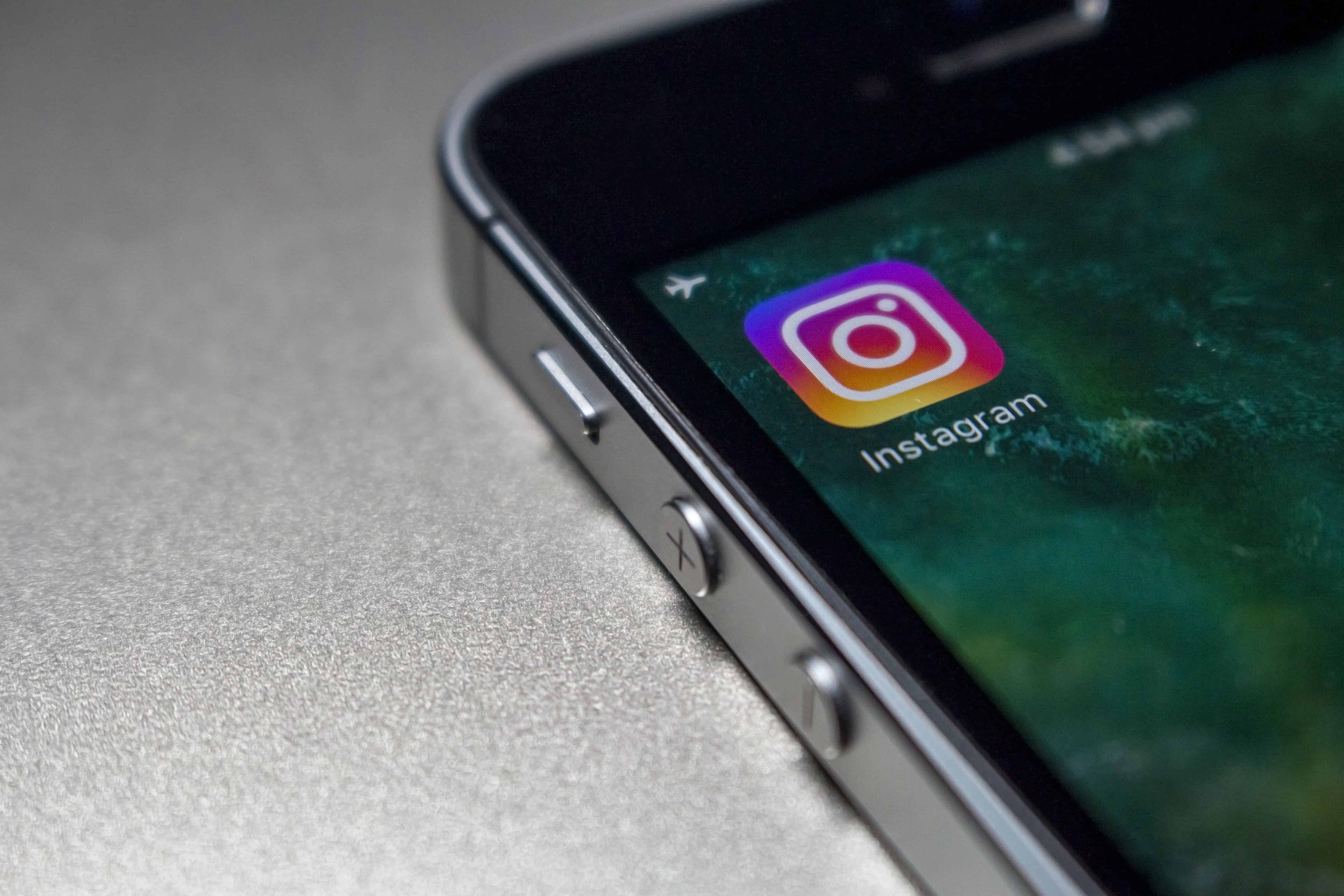

![Apple denies its server hardware was infected by Chinese spy chips [Updated] This isn't actually Apple's data center, but it's close.](https://www.cultofmac.com/wp-content/uploads/2018/08/73ADDF86-ABE6-4518-A5A1-32A58BE5C5AE.jpeg)
